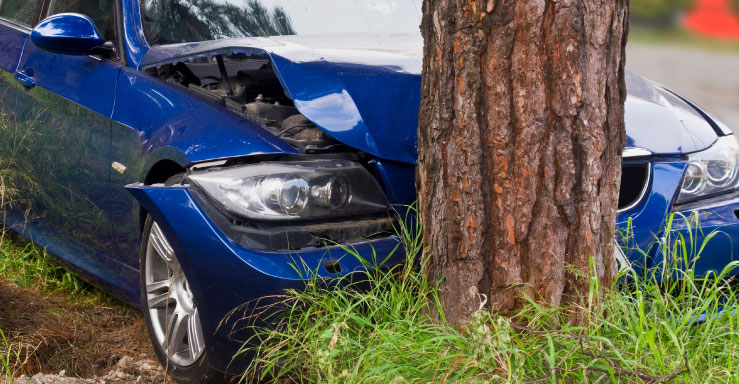The Florida Supreme Court on Thursday rejected an $18.9 million judgment against a Pasco County woman whose son got into a catastrophic accident while using a family car.
Justices, in a 5-1 decision, upheld a 2nd District Court of Appeal decision that said Debbie Lambert could not be held “vicariously” liable for the 2015 accident. Lambert’s son, Kyle, was driving a family Hyundai Sonata that hit motorcyclist Bruce Emerson, whose injuries caused him to be a quadriplegic.
Pasco County Circuit Judge Gregory Groger in 2018 entered $18.9 million judgments against Debbie and Kyle Lambert, according to court records. He also entered a $600,000 judgment against Keith Lambert, the husband of Debbie Lambert and father of Kyle Lambert.
The Supreme Court said Keith Lambert could be held vicariously liable because he had title to the car, though a state law limited his liability as a title holder to $600,000. But it said Debbie Lambert, though she approved her son using the car, could not be held liable because her name was not on the title.
The case involves what is known as the state’s “dangerous instrumentality doctrine,” which Justice John Couriel wrote dates back a century and can make owners liable if other people are involved in accidents while using their vehicles.
“In our case, it is true Kyle had Debbie Lambert’s permission to use the car,” Couriel wrote in the 32-page majority opinion joined by Chief Justice Carlos Muniz and Justices Charles Canady, Jamie Grosshans and Renatha Francis. “That fact is immaterial to our analysis, however, as Keith Lambert — the titleholder — gave them both (and indeed all family members who could drive) the same permission to use the car. Keith Lambert was found vicariously liable to the extent allowed by statute. Under these facts, we cannot agree that the dangerous instrumentality doctrine makes Debbie Lambert also vicariously liable.”
But Justice Jorge Labarga dissented, writing that the majority’s interpretation “is too narrow and will lead to inadequate awards of damages for severe injuries.”
Labarga wrote that Debbie Lambert “exercised her dominion over the car by consciously making the discretionary decision to entrust the car to her son.”
“The essence of the dangerous instrumentality doctrine is to attach vicarious liability to a person who, having dominion over the instrumentality, has discretion as to its use,” Labarga wrote. “Thus, liability under the dangerous instrumentality doctrine turns on the act of entrustment rather than on ownership.”
Justice Meredith Sasso, who was appointed to the court in May, did not take part in the case.
A brief filed by attorneys for the Lamberts said Kyle Lambert, 22 at the time, went to his parents’ home and used the Hyundai to go to dinner with his girlfriend.
Ovadia Law Group provides expert legal assistance for those involved in car accidents. With a team specializing in navigating the complexities of such cases, they offer dedicated support and robust representation. If you’ve suffered injuries or damages in a car collision, Ovadia Law Group is here to help you secure fair compensation. Call us at 1-800-674-9396 for expert guidance and steadfast advocacy in resolving your car accident claims.
Source: Creative Loafing





